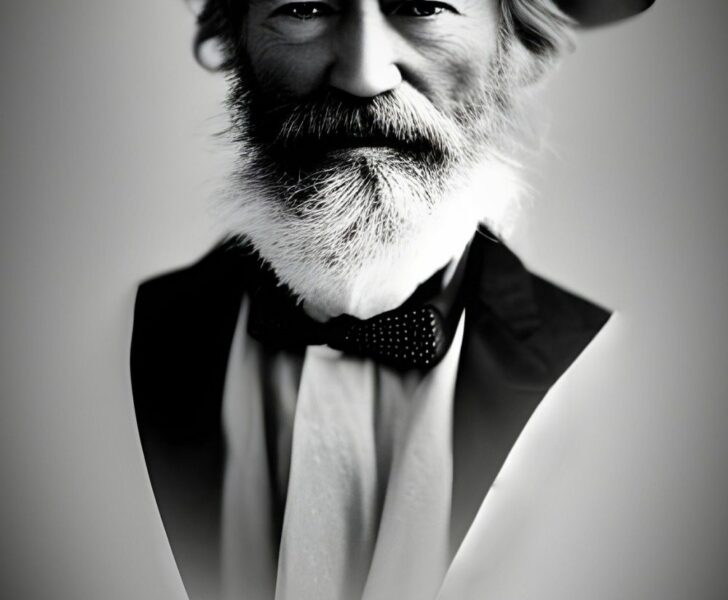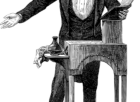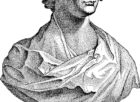George Orwells Animal Farm: A Timeless Allegory of Power and Corruption

Introduction
If there is one literary work that can be considered a masterpiece of political satire and social commentary, it is George Orwell’s Animal Farm. Published in 1945, this allegorical novella offers a thought-provoking critique of totalitarianism, using a farm and its animals as metaphors for real-life political events. In this article, we will delve into the significance of Animal Farm and explore its historical development, providing a comprehensive understanding for those interested in this timeless piece of literature.
Animal Farm’s Importance and Key Concepts

Animal Farm tells the story of a group of farm animals overthrowing their human oppressors and establishing an animal-run society. At first, the revolt is driven by noble ideals of equality and emancipation, inspired by Old Major’s powerful speech, but it devolves into a totalitarian regime run by the pigs, with a leader named Napoleon at the helm.
The novel explores several significant themes:
1. Power and Corruption: Animal Farm serves as a cautionary tale about how power can corrupt even the most idealistic individuals. As the pigs consolidate their control, they gradually adopt human behaviors and oppress the other animals, betraying the original principles of Animalism.
2. Manipulation and Propaganda: Orwell masterfully portrays the use of propaganda to control the masses and manipulate public opinion. Squealer, Napoleon’s propagandist, employs various tactics to justify the pigs’ actions and maintain their authority.
3. Allegory and Symbolism: Animal Farm’s allegorical nature allows readers to connect its events to real-life historical situations. For example, the rise of Napoleon parallels the emergence of Joseph Stalin in Soviet Russia, highlighting the corruption of power in communist regimes.
Historical Development of Animal Farm
Since its publication, Animal Farm has gone through various stages of acclaim and controversy. Initially, the book received mixed reviews, with some praising its satirical brilliance while others criticized its uncompromising portrayal of Soviet Russia. However, over time, Animal Farm has become recognized as a literary masterpiece, gaining widespread popularity and entering the canon of required reading for students worldwide.
Animal Farm has also faced censorship and challenges. Its critique of totalitarianism and the Russian Revolution raised concerns among certain political groups and government entities. Nonetheless, the novel’s enduring relevance and powerful message have ensured its continued circulation and influence.
Despite its intended critique of the Soviet regime, Animal Farm’s themes have transcended time and place. The book remains an astute examination of the potential for corruption in all systems of governance, appealing to readers seeking to understand the universal nature of power dynamics and political oppression.
[Please insert a video here that complements the topic and enhances the readers’ comprehension of Animal Farm’s significance and themes].
Conclusion
George Orwell’s Animal Farm stands as a timeless and thought-provoking allegory that sheds light on the dangers of unchecked power, the manipulation of language, and the corruption of ideals. Through its powerful storytelling, the novel holds a mirror to our own society and encourages readers to question authority. Its historical development, from initial controversy to celebrated masterpiece, further cements its status as an essential work of literature.
As we reflect upon Animal Farm’s influence, we are reminded that Orwell’s words continue to resonate in a world grappling with political turbulence and the struggle for individual freedom. Animal Farm serves as a reminder to remain vigilant against the abuse of power and to question those in authority, making it not only a significant piece of literature but also a valuable guide for navigating complex political landscapes.











